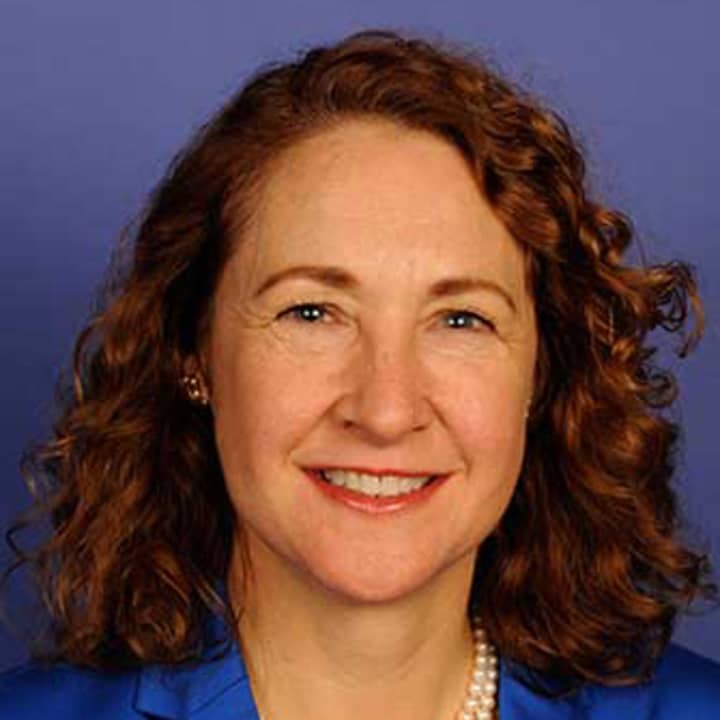The Senate is voting this week on the Comprehensive Addiction and Recovery Act, a bill co-sponsored by Esty that addresses drug addiction by providing badly needed resources for treatment and recovery programs.
The Prevent Act complements that effort by focusing resources on addiction prevention strategies including an education campaign, training for medical practitioners on best practices when prescribing opioids, and a new management program for Medicare beneficiaries who are at risk of prescription-drug addiction.
The legislation is co-sponsored by Reps. Ryan Costello (R-Pa.) and Steve Knight (R-Calif.), who along with Esty are members of the bipartisan Task Force to Combat the Heroin Epidemic.
“In cities and towns throughout central and northwest Connecticut, families have shared with me devastating stories of confronting opioid addiction,” Esty said. “We absolutely must take steps to ensure families impacted by this epidemic have access to the treatment services they need to recover and move forward.”
Specifically, the Prevent Act would do the following:
- Help states and non-profits conduct culturally sensitive consumer education about opioid addiction, with priority given to communities with high incidence of addiction and addiction-related deaths.
- Strengthen training requirements for medical practitioners eligible to prescribe opioids or participate in opioid treatment programs to include additional training on treatment guidelines, early detection of opioid addiction, and the treatment of opioid-dependent patients.
- Require opioid treatment programs to make acceptable arrangements for patients to receive needed medications on days when the program is closed for business to reduce the risk of relapse for patients in recovery.
- Strengthen opioid overdose and mortality reporting requirements and create a National Opioid Death Registry housed in the Department of Health and Human Services (HHA).
- Require HHS to establish and disseminate prescription drug abuse prevention and treatment quality measures for all relevant health care provider settings.
- Create a new drug management program under the Medicare to prevent high-risk Medicare beneficiaries from becoming addicted to prescription drugs.
Click here to follow Daily Voice Newtown and receive free news updates.


